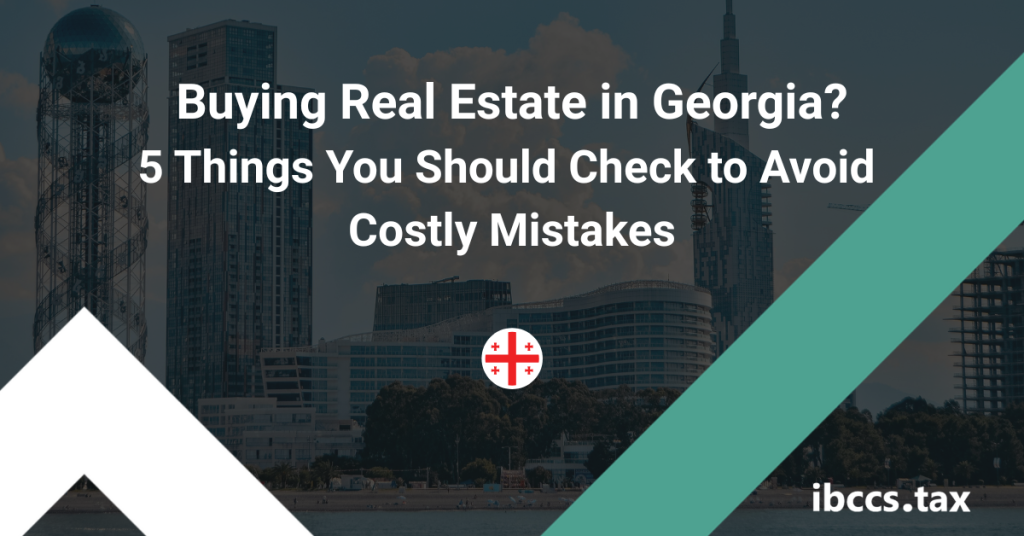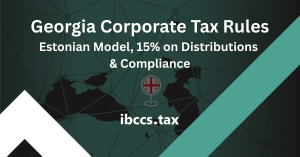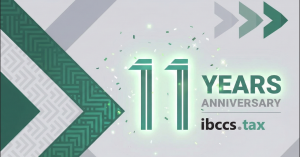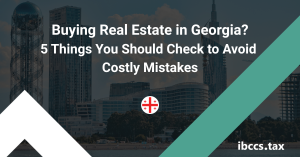- Foreigners can buy property in Georgia freely, except agricultural land – the market offers simple registration and attractive tax benefits.
- Conduct full legal due diligence to confirm property ownership, registration status, and the seller’s legal rights.
- Check the developer’s reputation and past projects before purchasing new or off-plan real estate in Georgia.
- Carefully review all sale contracts – only what’s written in the agreement is legally binding, not verbal promises.
- Work with reliable legal and tax advisors to ensure your investment in Georgia is transparent, compliant, and fully protected.
In recent years, many people have asked: Is it safe to buy property in Georgia? This country has become an increasingly attractive destination for real estate buyers. With relatively low prices, no restrictions for foreign ownership (except agricultural land), simple registration procedures, and favorable tax conditions, it is easy to see the appeal.
From seaside apartments in Batumi to modern flats in Tbilisi and charming countryside homes, the Georgian market offers a wide variety of properties for lifestyle buyers, digital nomads, and long-term investors alike.
But while the opportunities are real, so are the risks. The real estate market here, though fast-growing, still lacks strong consumer protection laws and standardization. This opens the door to miscommunication – or worse cases.
We’ve seen buyers sign contracts they didn’t understand, purchase properties with legal issues, or rely too heavily on verbal promises from agents or developers. Most of these issues could have been avoided with proper legal help for buying an apartment and tax support from the beginning.
At IBCCS TAX Georgia, we work closely with international clients looking to invest safely and with confidence. Whether you’re buying your first apartment, relocating, or looking for rental income opportunities, we’re here to guide you through every step of the process.
In this article, we’ll walk you through the 5 essential things you should always check before buying property here, along with practical tips and insight into how we support our clients at each stage.
1. Verify the Legal Status of the Property in Georgia
Table of Contents
ToggleIt’s important to confirm who legally owns the property and whether there are any claims or restrictions on it – this is a key part of due diligence for real estate. Many buyers don’t realize that even completed buildings can sometimes have unresolved registration issues or other legal complications. Checking the legal status early helps avoid problems down the road.
For example, a property could be advertised for sale by someone who doesn’t have full legal rights to sell it. Without proper verification, you risk signing a contract that has no legal ground and losing your deposit.
How we can help? We conduct full legal due diligence through the Public Registry and other sources. We make sure:
- The property in Georgia is properly registered
-
There are no liens, debts, or ownership disputes
-
The seller has full legal rights to complete the sale
Our Georgian legal team in Tbilisi or Batumi ensures that you’re not just buying what you see, but what’s legally secure.
2. Check the Developer’s Track Record
Many clients ask: How to check if a developer in Georgia is legit? When buying new or off-plan properties, it’s essential to know who you’re dealing with.
Some local developers have excellent reputations, but others may have a history of delays, poor construction standards, or even abandoning projects mid-way. Unfortunately, the lack of mandatory consumer protections makes it easy for problematic developers to continue operating.
Be aware of potential real estate scams in Georgia and avoid falling victim to unreliable builders.
How we help? We investigate the developer’s background thoroughly, including:
-
Past projects (delivered or not)
-
Online and legal reputation
-
Licenses and permits
-
Potential financial risks
If something doesn’t look right, we’ll let you know. And if everything is in order, you’ll know you’re in good hands.
3. Review the Sales and Purchase Agreement Carefully
Contracts are legally binding even if the buyer doesn’t fully understand them. Many agreements are presented only in Georgian, and even English translations may miss important legal nuances. Some include vague clauses that allow sellers to delay delivery, shift taxes to the buyer, or avoid responsibility for construction flaws.
Many foreign buyers wonder: Do foreigners need a lawyer when buying real estate in Georgia? It’s critical not to rush this step. Don’t rely on verbal promises – only what’s in the contract counts.
How we help? We provide a full contract review with legal explanations in plain English. Our lawyers:
-
Identify hidden risks or vague language
-
Suggest revisions and negotiation points
-
Ensure the agreement protects your rights and reflects your understanding
We can also draft bilingual contracts if needed or support negotiations with the seller or agent.
4. Understand the Taxes and Costs Involved when buying Real Estate in Georgia
This country offers a relatively low tax environment, but there are still costs buyers need to consider: property tax, income tax, income tax on rental income, notary fees, registration fees, and VAT in some cases.
Our tax advisors in Georgia will guide you through all financial aspects of the deal. We provide a breakdown of costs and potential tax implications, especially if you are buying as an investor or company.
5. Do not Skip the Final Steps – Registration and Notarization
Once the contract is signed, the process isn’t over. If you skip or incorrectly complete the final steps, your ownership won’t be recognized in law. You must properly register the transaction with the Public Registry, and in some cases, notarization or power of attorney may be required.
Many buyers also wonder, “Do I need to be in the country to buy a property in Georgia?” With proper power of attorney, the entire process can be handled remotely.
How we help? We guide you through the entire post-signing process:
-
Prepare and submit all documents for registration
-
Assist with notary appointments or remote signings
-
Confirm legal ownership in your name with a proper extract from the Registry
Whether you’re local or abroad, we make sure your property is 100% yours.
Final Thoughts – Invest in Georgia with Confidence
The property market here offers exciting opportunities, but buying blindly is never a good idea. With the right local support, you can avoid the common traps and make a secure, informed investment.
We provide end-to-end legal and tax support for individuals and companies looking to purchase real estate in Georgia. Our goal is to make the buying process transparent, secure, and stress-free.
Our services include:
-
Legal due diligence on properties and sellers
-
Developer background checks
-
Contract review and drafting (bilingual if needed)
-
Company setup in Georgia for investment structuring
-
Power of attorney support and legal representation
-
Registration and post-sale compliance
Want to talk to our team? We offer a consultation to help you understand how we can assist with your property plans.
Frequently Asked Questions (FAQ)
-
- Can I buy property in Georgia as a foreigner?
Yes. Foreigners can buy residential property freely. Only agricultural land has restrictions. - Do I need to be in Georgia to buy a property?
Not necessarily. With a properly drafted power of attorney, the entire process can be handled remotely. - Is it better to buy as a private person or through a company?
It depends on your goals. For investment or rental purposes, buying through a company can offer tax advantages. - What is the risk of scams or fake offers when buying property in Georgia?
Unfortunately, scams do happen. That’s why due diligence, developer verification, and contract review are essential. - Do I need to speak Georgian to buy property?
No, but many official documents and contracts will be in Georgian. It’s important to work with a team that can guide you through every step in English.
- Can I buy property in Georgia as a foreigner?
Our Publications
Georgia Corporate Tax Rules: Estonian Model, 15% on Distributions & Compliance
Navigating the tax landscape is a critical step for any
Read MoreIBCCS TAX Celebrates 11 Years of International Tax & Business Advisory
Time really does move fast – it feels like we’ve
Read More5 Things You Should Check Before Buying Real Estate in Georgia and How We Help You Avoid Costly Mistakes
In recent years, many people have asked: Is it safe
Read More

